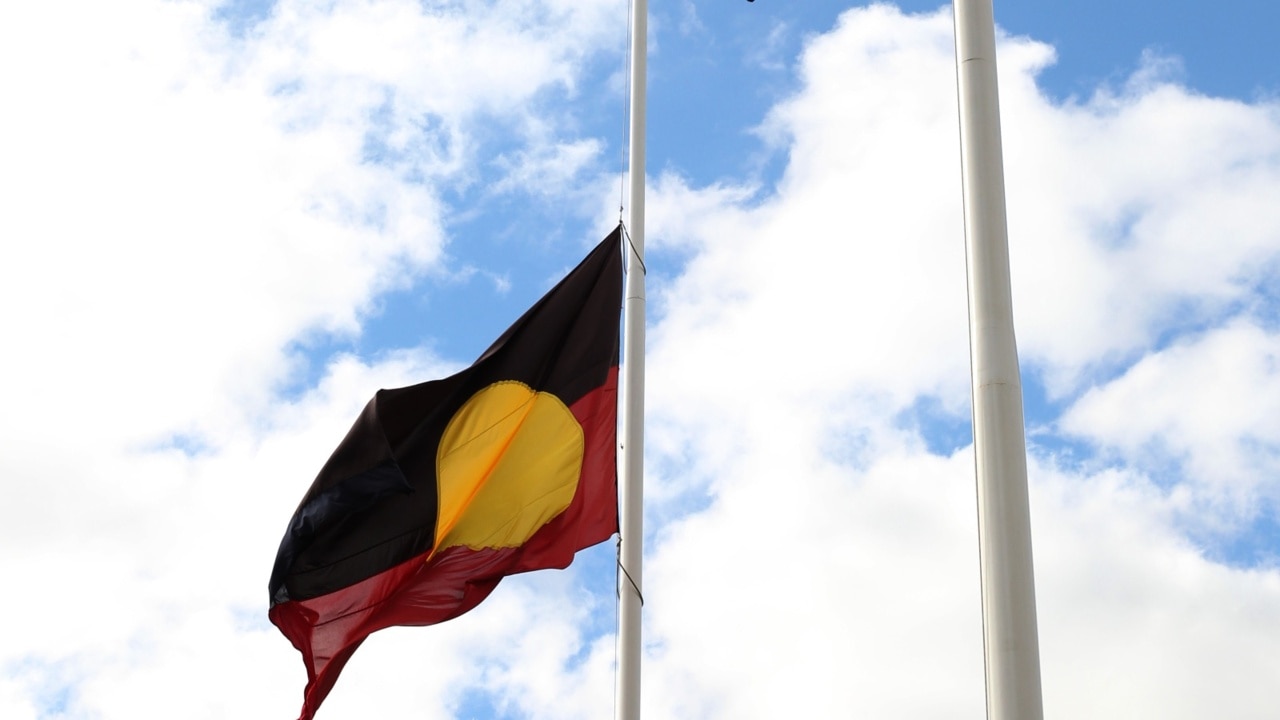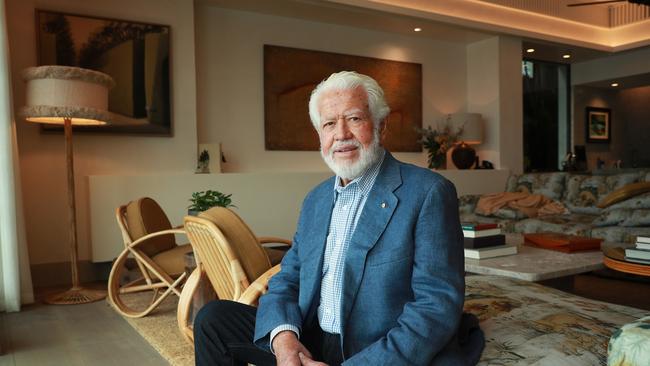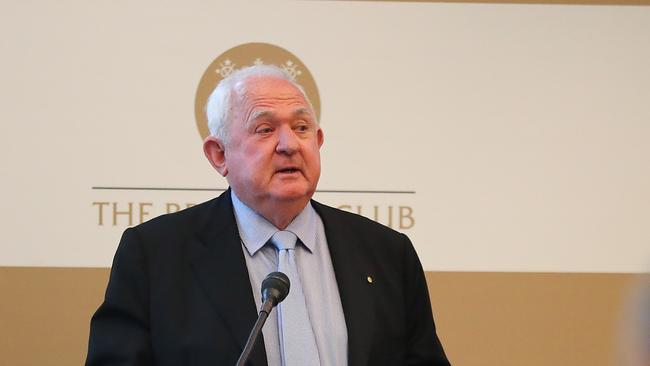Failed Voice could force corporate Australia to rethink position on divisive issues
Companies have been quick to declare support for a range of social issues, but the failed voice referendum could force them to rethink their positions.

Companies could potentially think twice about backing divisive social issues, according to key business leaders, after many high-profile firms poured millions of dollars into supporting the failed Indigenous voice referendum.
Most of Australia’s 20 biggest companies – including BHP, the big four banks, Telstra and Woolworths – backed the Yes campaign, despite more than 60 per cent of Australians rejecting the proposal.
While not all businesses donated cash, the result of the referendum reveals a gulf between Australian boardrooms and the broader population, a move experts say has the potential to alienate customers, staff and wound brands.
Marcus Blackmore a prominent supporter of the No campaign - said the failed referendum has the potential to halt the wave of companies virtue signalling.
“They will really have to think long and hard about social issues,” Mr Blackmore said, adding he expected investors to ask executives tough questions at annual shareholder meetings, which begin this month.
“Some of the companies came out and said ‘Well, we‘ve got a responsibility to have a say in these sorts of things on behalf of our staff’. But I bet none of them did it on behalf of the staff. None of them.
“I think what will happen in the boardroom, before they come up with a similar sort of thing again, is the board would want to see the views of the staff. Because if the staff are all opposed to it, or even if 60 per cent of them are opposed to it, then you don‘t want to alienate your staff.”

The outcome of the referendum has already quietened the voices of some of its loudest supporters, with ANZ - which donated $2m to the Yes campaign - declining to comment on Sunday. Meanwhile, Qantas - which held a joint media conference with Anthony Albanese to promote the Yes campaign in August - issued a two sentence statement on Sunday, saying it would continue to push for recognition and reconciliation with indigenous Australians.
It adds to a growing list of corporations misjudging the broader community’s mood. Anheuser-Busch InBev, brewers of Bud Light, placed two on leave following a furore around its use of a transgender advocate in a US marketing campaign, while Adelaide-born Peter Flavel resigned as Coutts chief executive following the backlash around the bank’s decision to close the accounts of polarising pro-Brexit figure Nigel Farage.
Don Argus - doyen of Australian company directors, former NAB chief executive and BHP chairman - warned in August that business which supported the “Yes” case without checking the details in the Uluru statement could trigger a “challenge” to their fiduciary duties.

On Sunday, Mr Argus said the reasons companies backed social causes were varied. For example, he said BHP set aside 1 per cent of its revenue to support community projects.
“You’ve got to look at how corporations justify their licence to operate in communities.I don‘t think you can generalise on these things. Some companies have a different view on how they do these things,” Mr Argus said.
But Will Harvey, professor of leadership at the University of Melbourne, said taking a stance on political and social issues was challenging and “fraught with risk”.
“We‘ve got major challenges with polarisation in society and that was very clear in the run up to the referendum and the immediacy of the result, and I’m afraid it will rumble on for quite some time,” Professor Harvey said.
“Wherever you place yourself on a binary issue, like the referendum, or who you‘re going to support in an election campaign, etc, you’re kind of getting buy-in from one segment of that group, but then of course, in the process, you’re alienating others. And it’s obviously not just business - we’re seeing it with Israel and the Palestinians at the moment, unfortunately, where the stakes are even higher.”
Professor Harvey said his advice to business leaders was to focus on their company’s purpose.
“If you are truly linking your strategy to your purpose, then that gives you much more substance behind the kinds of decisions you‘re making. Otherwise you do run the risk sometimes of being a bit whimsical and pleasing some loud voices but actually marginalising others.
“If you think about what Bud Light did a few months ago with their advertising campaign where they hired a transgender person to advertise their product, which was very alienating for a very large proportion of their consumers and that completely backfired. Another example is Coutts where there was all that furore around Nigel Farage.
“Now, obviously, they must have known the risks of doing that but that‘s the risk.”
But most companies that supported the Yes campaign had drafted Reconciliation Actions Plans - as part of their broader environmental, social and corporate governance obligations, as a Woodside spokeswoman explained.
“Woodside has a long history of engaging with Indigenous communities in the areas in which we operate. Through this engagement we formed a view that supporting the goals of the Uluru Statement from the Heart was in the best interests of the company and these communities. This support was formalised in our 2019 Reconciliation Action Plan,” the spokeswoman said.
“We contributed to the Yes campaign as a consequence of our support for the Uluru Statement and because we think having a formal pathway for Indigenous Australians to share their views with government on policies that matter to them can result in better outcomes”

Australian Shareholders Association chief executive Rachel Waterhouse was reluctant to comment on the Voice referendum, but said the outcome may prompt companies to re-think about publicly supporting contentious social issues.
“It‘s a hard one because polls at different points have shown different things. So even if companies were trying to listen to the stakeholder and customer it may have had different answers along the way,” Ms Waterhouse said.
“But they do need to think about what they do support and really ultimately, it does come down to purpose and strategy and how that fits.”
According to the ASA, more companies are adopting positions on key social and environmental issues as part of the need to show greater leadership in the communities they operate.
Social media intensifies the scrutiny on CEOs and their companies to make statements on or be involved in pressing for change, the ASA says. This strategy has split investors, with some believing CEOs should display leadership on social issues while others believe it is best left to government.




To join the conversation, please log in. Don't have an account? Register
Join the conversation, you are commenting as Logout